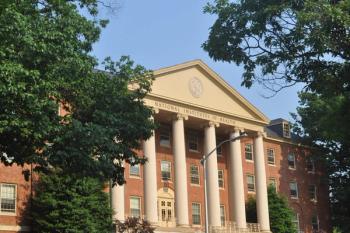
Universities say the abrupt cuts will delay research, lead to job cuts, and hurt hospitals and academic institutions. The Trump administration says it’s aiming to spend less on overhead.
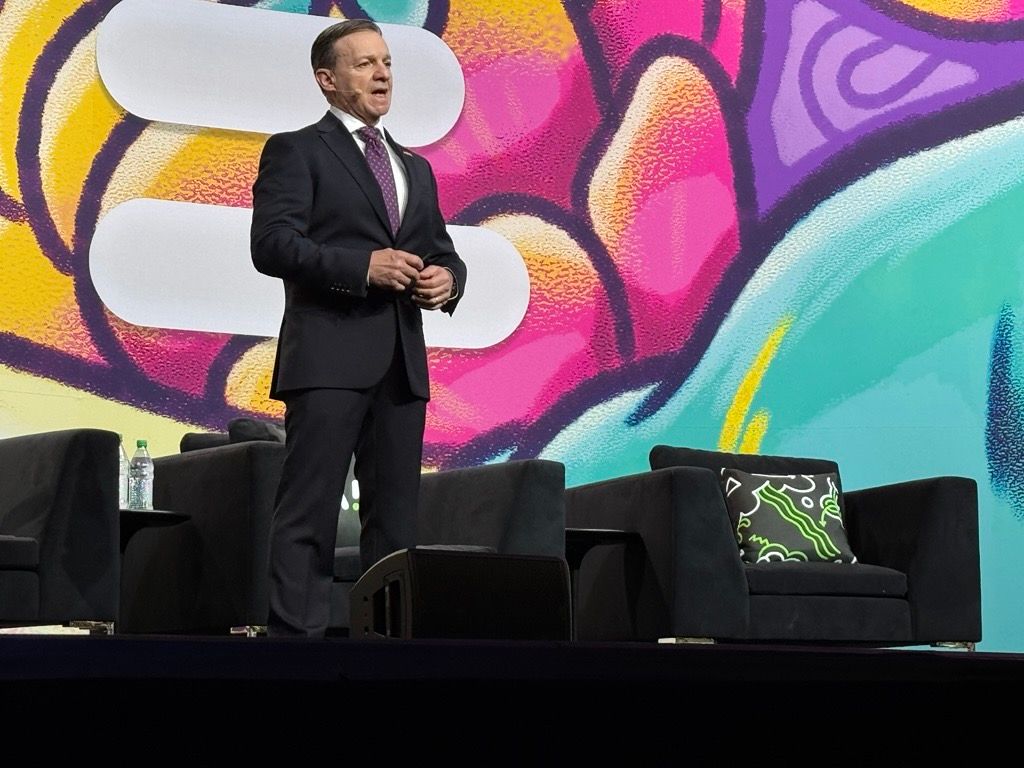

Universities say the abrupt cuts will delay research, lead to job cuts, and hurt hospitals and academic institutions. The Trump administration says it’s aiming to spend less on overhead.
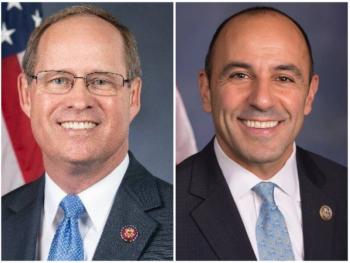
A bipartisan bill would offer a bump in reimbursements to physicians. Doctors say years of cuts are prompting some physicians to stop taking Medicare patients.
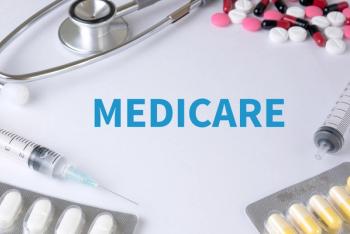
Musk and his DOGE team are now reviewing the Centers for Medicare and Medicaid Services. Hospitals say they’re looking to preserve funding.
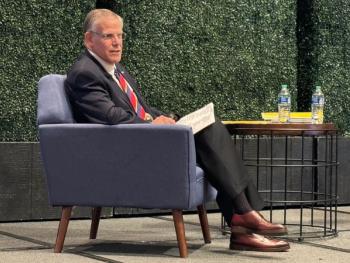
The American Hospital Association is seeking exceptions for drugs and medical devices made in China, Mexico, and Canada. China is a key supplier of cancer drugs and protective gear.
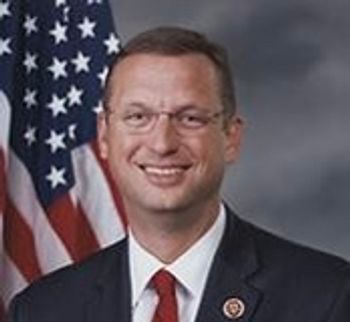
The former Georgia congressman secured Senate confirmation easily. He plans to address the backlog of claims and improve the system.

The Senate Finance Committee voted 14-13 to advance him, and the full Senate will decide if Kennedy is confirmed. Sen. Bill Cassidy, a Republican and a doctor, voted in favor of him.

President Trump has threatened tariffs on China, Mexico, and Canada. While some tariffs have been paused, health systems worry that they could eventually pay more for medical devices and drugs.
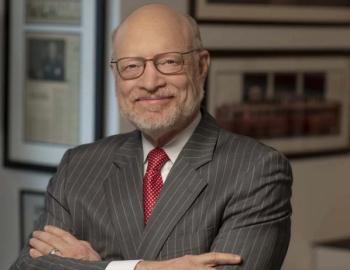
Chip Kahn explains why health systems are worried about the prospect of cuts in coverage, and how patients, and hospitals, could pay the price.

Robert F. Kennedy Jr., the HHS nominee, faced more scrutiny over his disparaging statements on vaccines. Sen. Bill Cassidy, a Republican and a doctor, says he worries about Kennedy discouraging vaccinations.
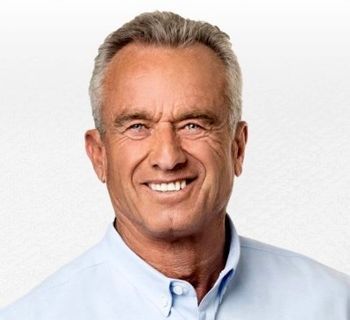
Kennedy, President Trump’s nominee to lead the Department of Health & Human Services, faced tough questions from Democrats in the hearing. He also heard support from Republicans.
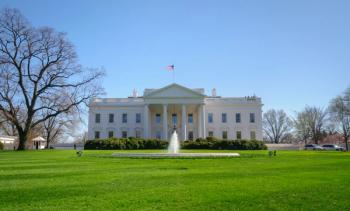
The order aims to block federal funding to providers offering surgeries and chemical treatments to those under 19. Healthcare organizations have defended such care.
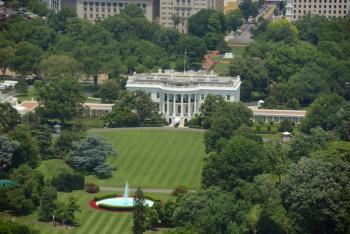
Medicaid portals were inaccessible nationwide. The White House said they will be restored, but a judge has issued an order blocking President Trump’s spending freeze.
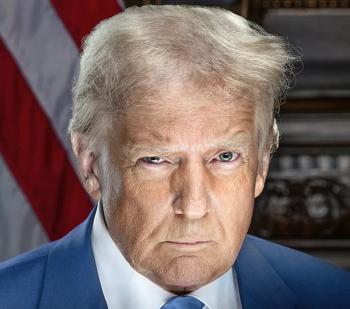
President Trump’s second term promises to have important implications for hospitals and health systems. Here’s a rundown.

President Trump has chosen Kennedy to lead the U.S. Department of Health & Human Services. Many healthcare leaders oppose the pick and are urging the Senate to reject the nomination.

Health leaders are worried about the prospect of reduced aid to Medicaid, which they say would reduce access to care and deal a financial blow to hospitals.

Most analysts expect less scrutiny from regulators on mergers and acquisitions involving health systems. But there are bipartisan concerns about the growing consolidation of hospitals.

Healthcare leaders are saying the plan to withdraw from the World Health Organization is a mistake that will make it harder to combat diseases.

The 47th president talked about ending chronic disease. He also started the process of getting the U.S. out of the World Health Organization.
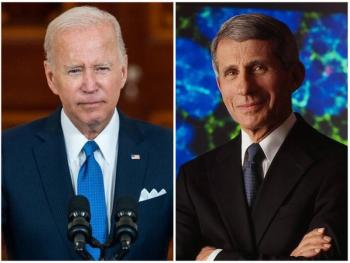
Hours before leaving the Oval Office, Biden issued a preemptive pardon of his former top medical adviser and key leader of the response to the COVID-19 pandemic.
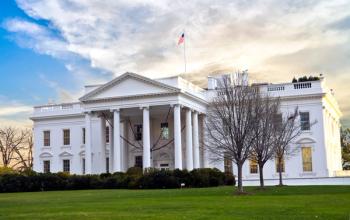
Health systems have pressing priorities from the new administration and Capitol Hill. Lisa Kidder Hrobsky of the American Hospital Association talks about what hospitals are seeking in Washington.
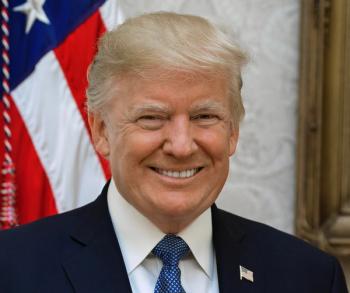
The second Trump administration promises to bring changes that will affect America’s hospitals, with concerns about Medicaid funding, ACA subsidies, and potential higher costs with tariffs.
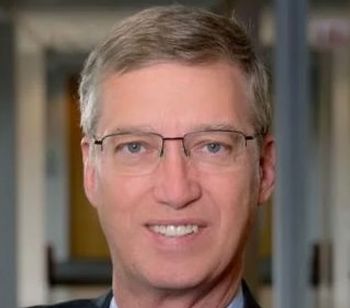
The AMA spoke out against CMS’ planned increases in payments to insurers, which come amidst years of cuts in Medicare payments for physicians.

Lawmakers say private equity firms are focusing on profits, hurting hospital operations and patient care. A new study links private equity ownership of hospitals to declines in care.
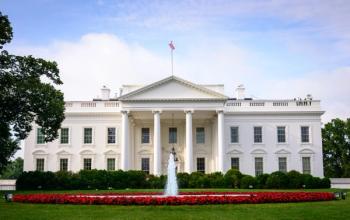
The president-elect survived an assassination attempt and was treated at a Pennsylvania hospital, and healthcare leaders bemoaned cuts in reimbursements to physicians.
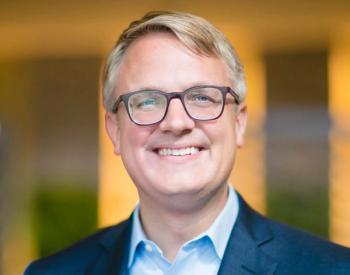
Congress approved a package that extends telehealth programs into March, but advocates are pushing for a longer deal. Kyle Zebley of the American Telemedicine Association talks about the wins and losses and the road ahead.